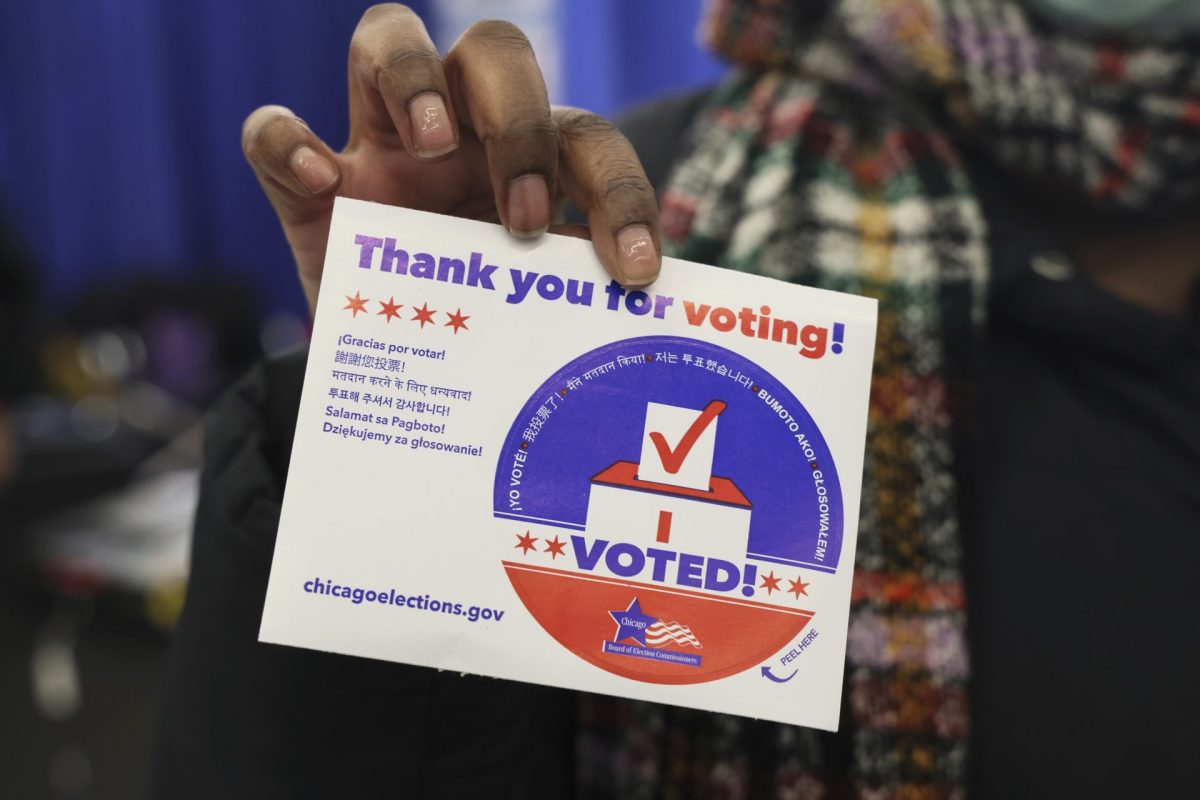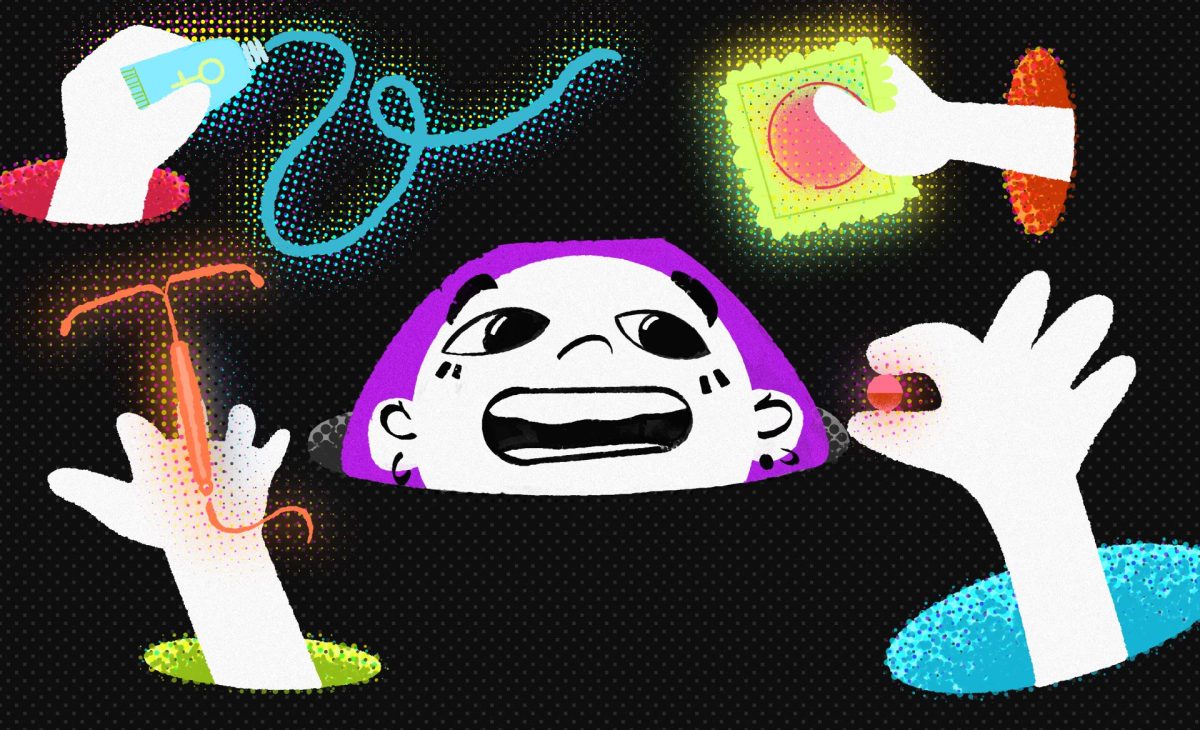Illinois is set to become the third state to allow illegal immigrants to obtain temporary driver’s licenses with the passing of SB 0957 by the Illinois House, Jan. 8.
The law will come into effect 10 months after Gov. Pat Quinn signs the bill into law, and Illinois will join New Mexico and Washington as the only states granting such licenses. Utah allows driving permits for illegal immigrants.
Quinn said in a statement released earlier this month he “looks forward to signing this legislation” and said the law will save drivers in the state “$46 million a year in insurance premiums” by ensuring motorists are ensured.
The bill, passed back in December, will enable illegal immigrants to obtain a temporary visitor’s driver’s licenses (TVDL) that is valid for three years.
Gov. Quinn is expected to sign the bill into law and the program will began 10 months following the governer’s approval. The program is estimated to cost about $800,000 in the first year and then $250,000 after that, according to the Associated Press.
According to Sioban Albiol, from the DePaul Legal Clinic and a “DePaul Expert” in asylum law and immigration issues, the bill is noteworthy for illegal immigrants in Illinois.
“This is a significant change because under current Illinois [law], applicants for a standard Illinois driver’s license have to provide a Social Security Number,” she said. “Undocumented immigrants usually do not have valid Social Security Numbers.”
Albiol also said the TVDL bill does not infringe with federal immigration law because it complies with the REAL ID Act of 2005, which regards identification documents for citizens and noncitizens, she said.
“Because the temporary driver’s license is different than the standard driver’s license, and because it cannot be used as an identity document, it complies with federal law regarding requirements for identity documents,” Albiol said.
The Highway Safety Coalition – a group that lobbied in favor of the bill – said the TVDLs are “visually distinct” from regular Illinois driver’s licenses. For instance, TVDLs will use a purple color scheme in addition to being marked “NOT VALID FOR IDENTIFICATION.” This contrasts with regular driver’s licenses that feature a red color scheme and are valid identification.
The Highway Safety Coalition argued the benefit of TVDL is both a financial and safety issue. According to the group’s website, there are an estimated 250,000 immigrant motorists without insurance in Illinois, while statewide “$64 million in damage claims” are filed each year as a result of uninsured drivers.
However, critics of the bill, such as the Illinois Safer Families Coalition, cite the potential for fraud in obtaining TVDLs.
“The Illinois Secretary of State’s office has had a big problem with taking bribes-for-licenses for decades,” William Kelly, the group’s chairman, wrote in the Springfield State-Journal Register. “It didn’t start with George Ryan and the Operation Safe Roads probe and it didn’t end there either.”
Other critics of the bill, such as syndicated columnist Esther J. Cepeda, are upset that getting fingerprinted by the Illinois State Police is not required as part of the application process.
In terms of federal immigration law, potential battles with the federal government are unlikely to happen, Albiol said.
“There has been much debate and litigation over states stepping into the territory of the federal government by passing laws that have the potential to legislate immigration,” she said. “This law doesn’t do that. It doesn’t create or amend immigration law. It doesn’t provide immigration status.”
Although not giving illegal immigrants a legal status, Kathleen Arnold, a political science professor at DePaul, thinks the law will give a sort of unofficial status.
“[Immigrants] are a group of people that are not easy to naturalize because of the barriers to do that,” she said. “This is one small measure that makes them slightly less invisible.”
Arnoldalso thinks the law could be seen as a trial for other states: Illinois is the most populist state to pass such a measure.
“I think it’s important and a positive step,” Arnold said. “Illinois could become a test state [for others] to see if it works here.”







